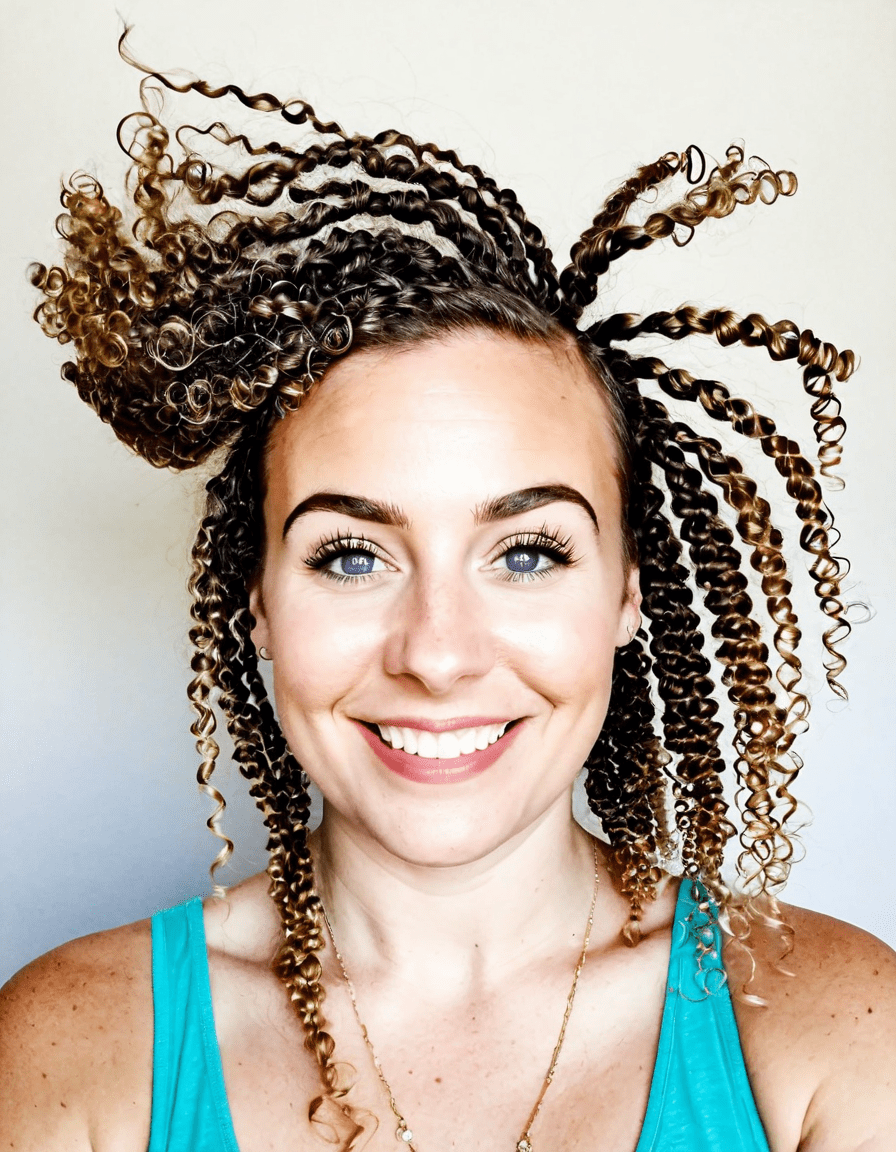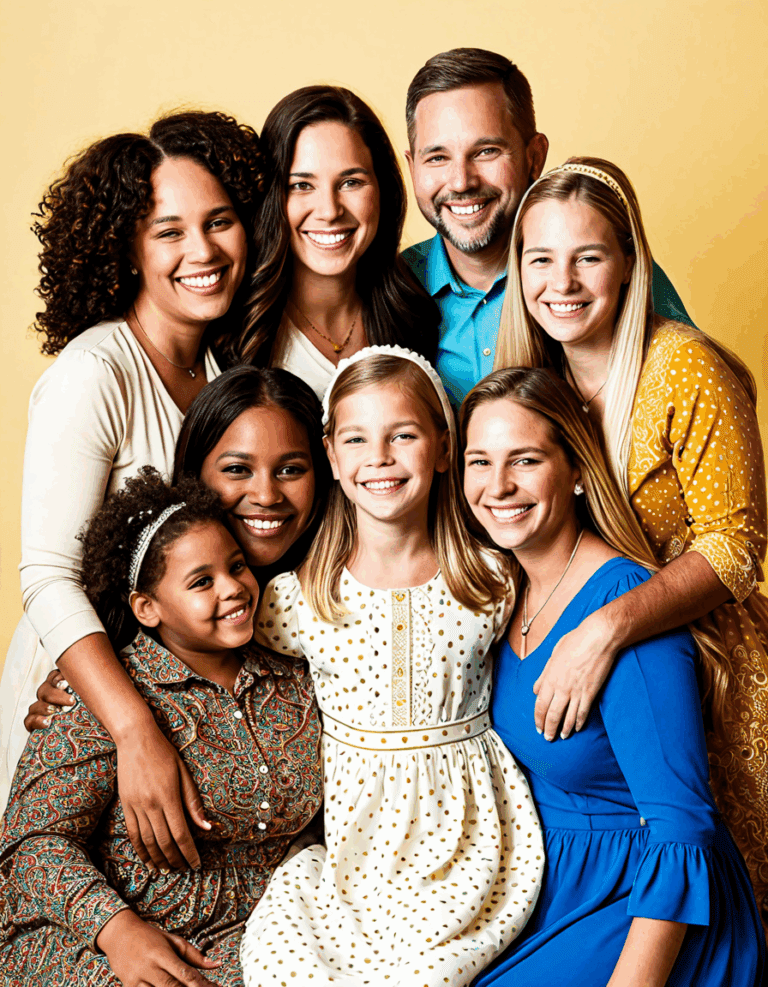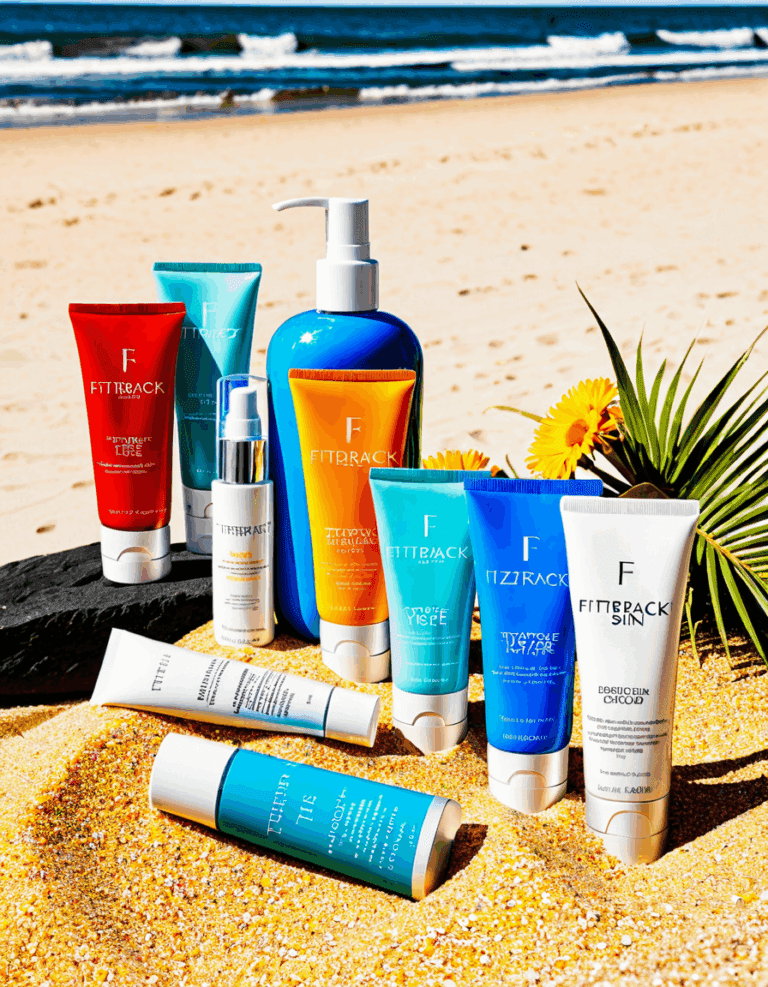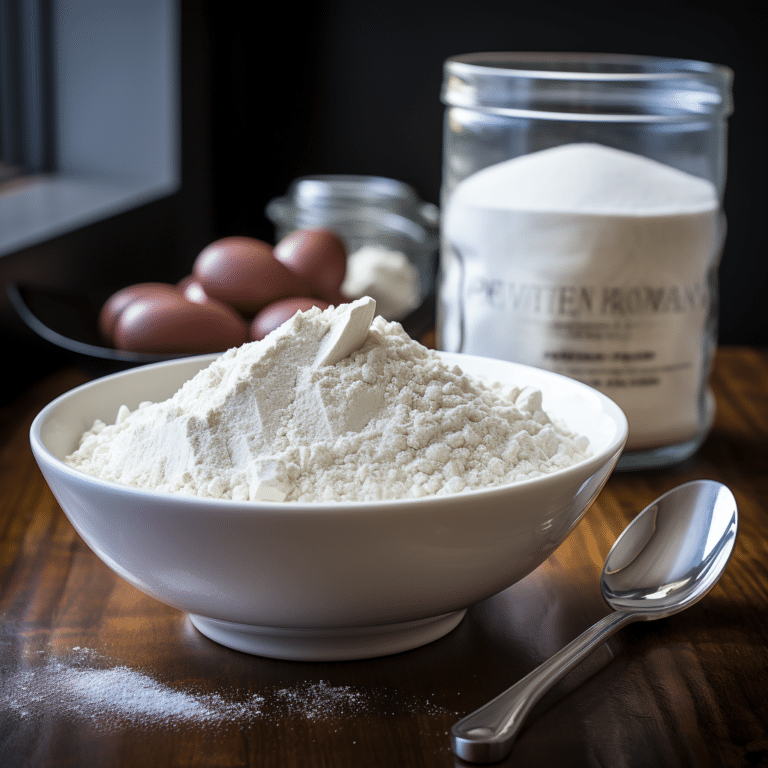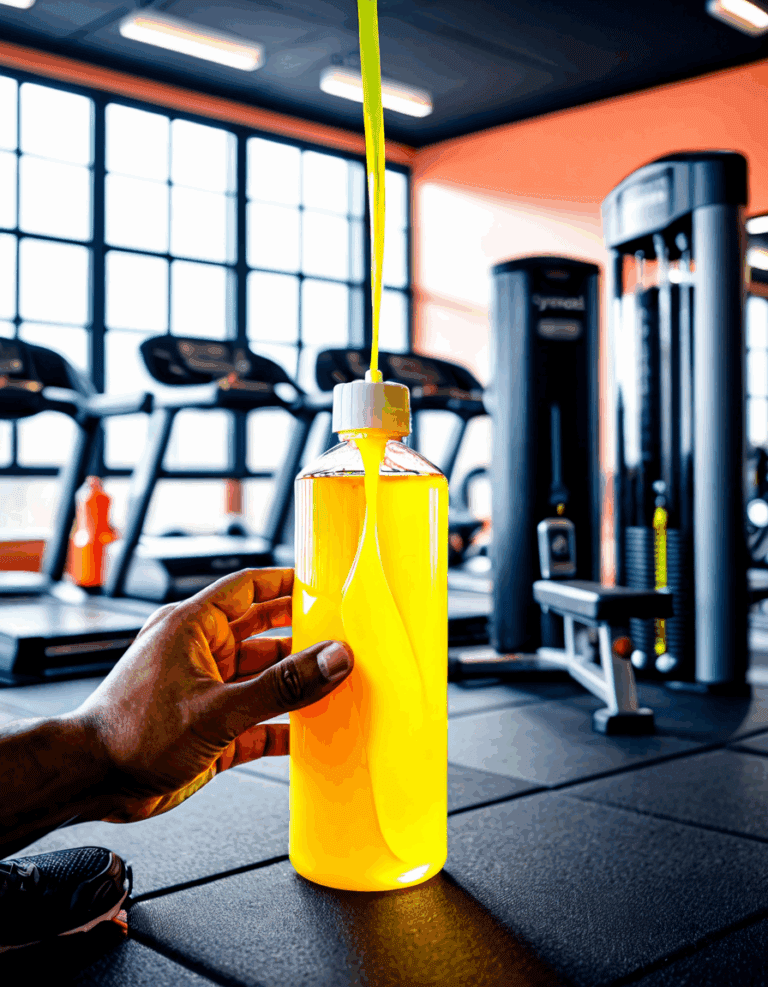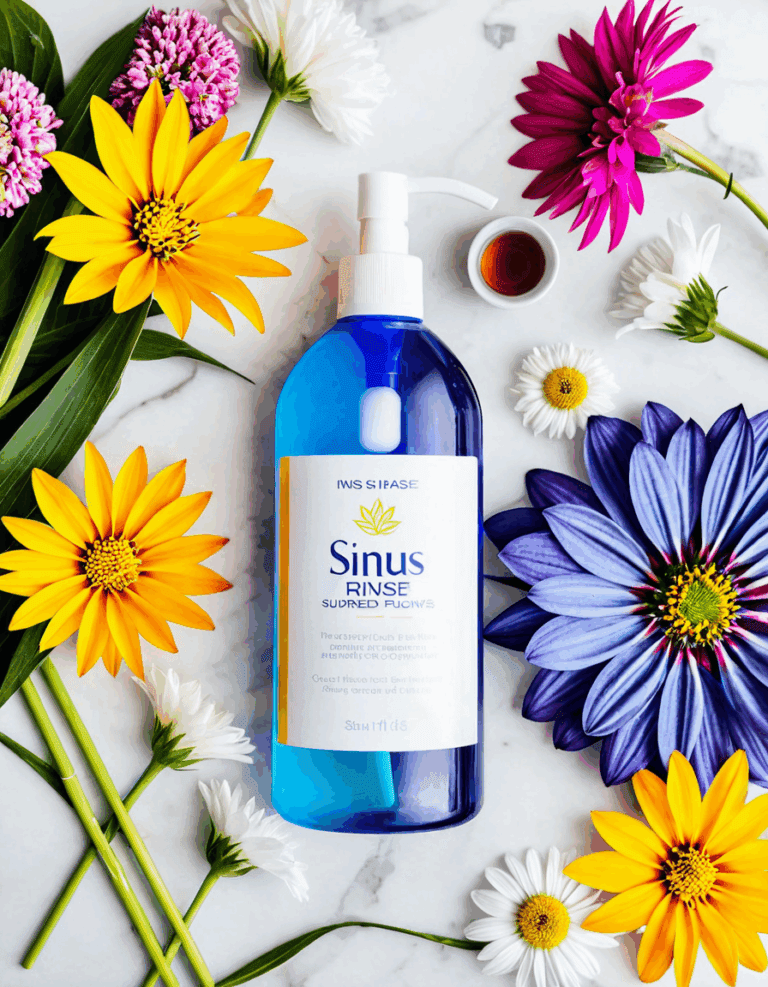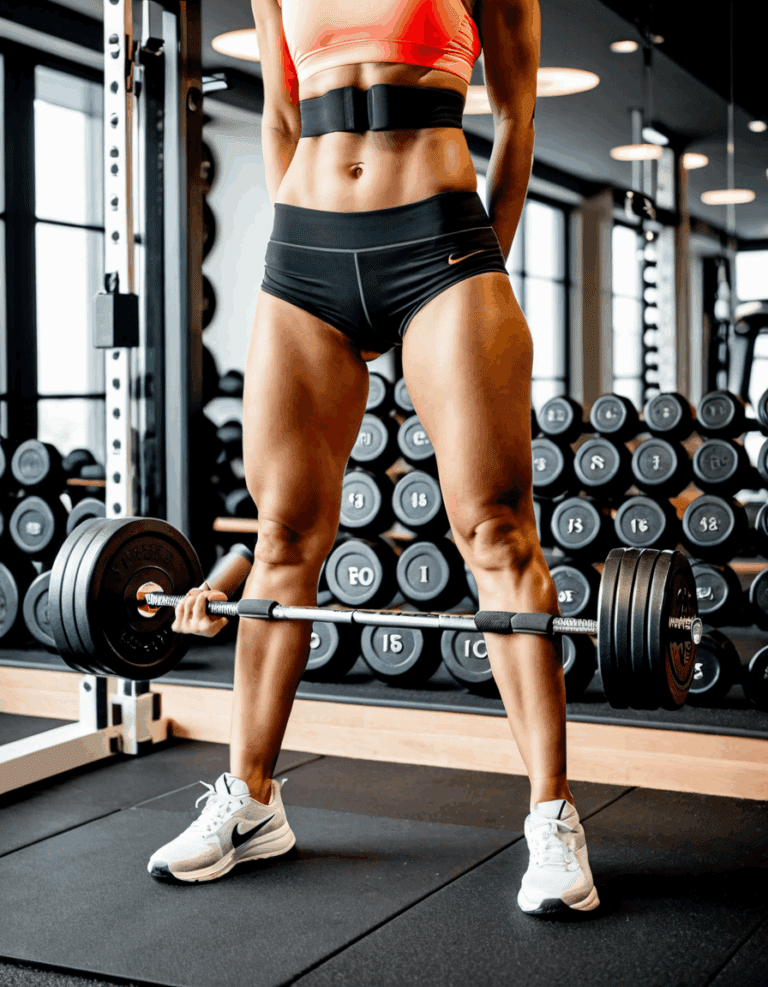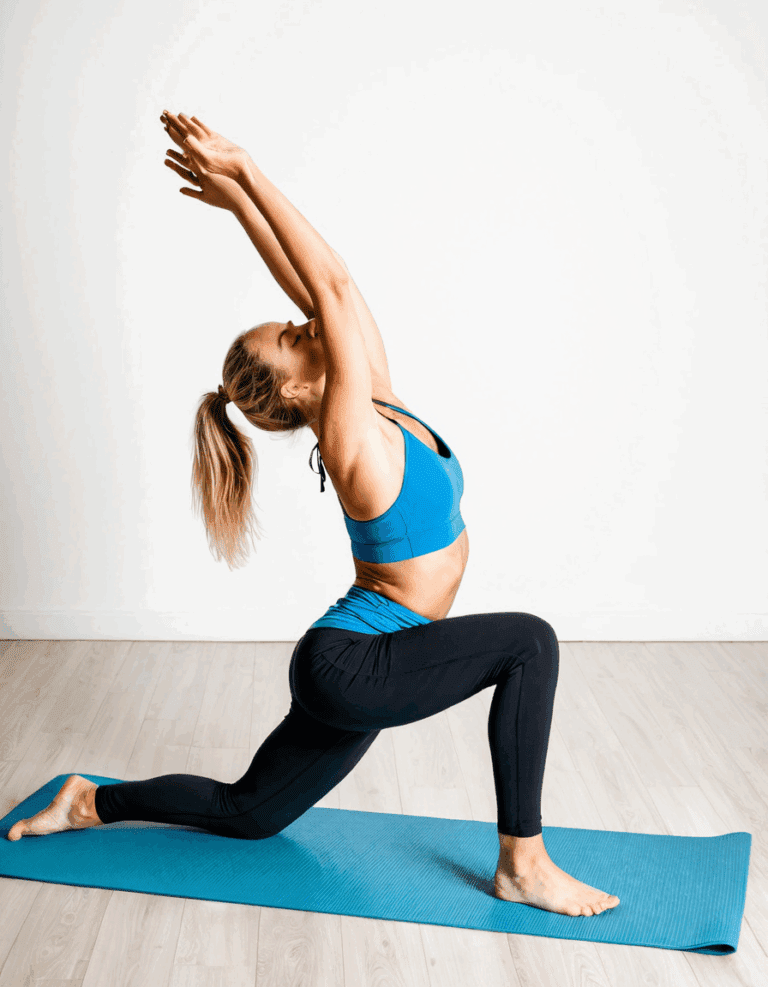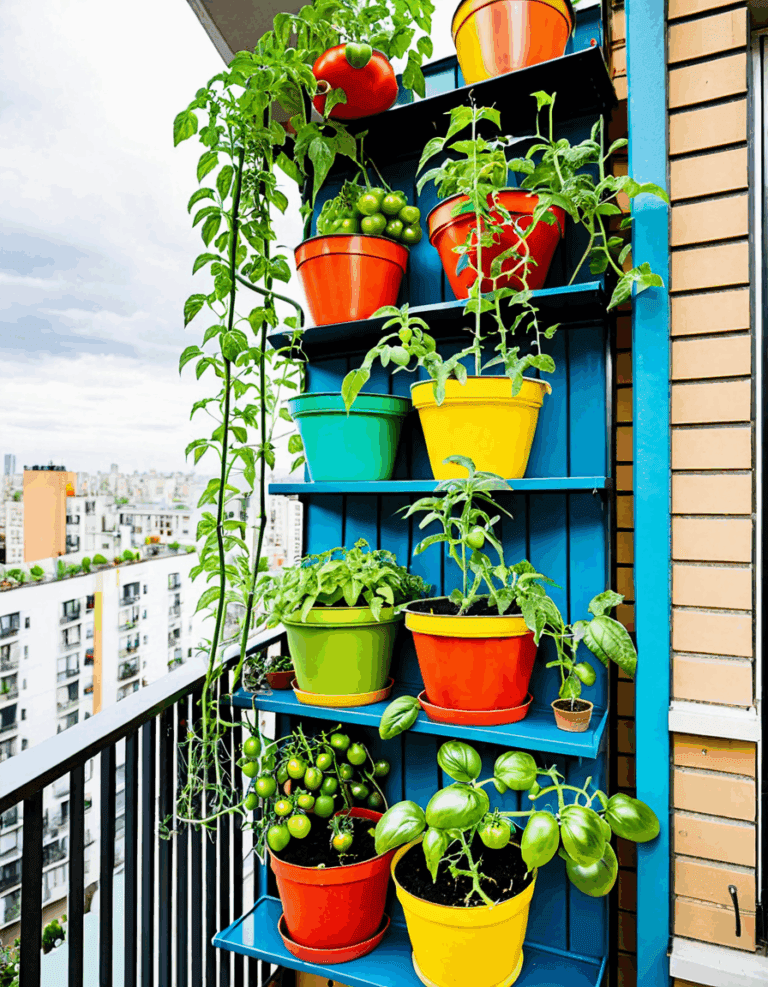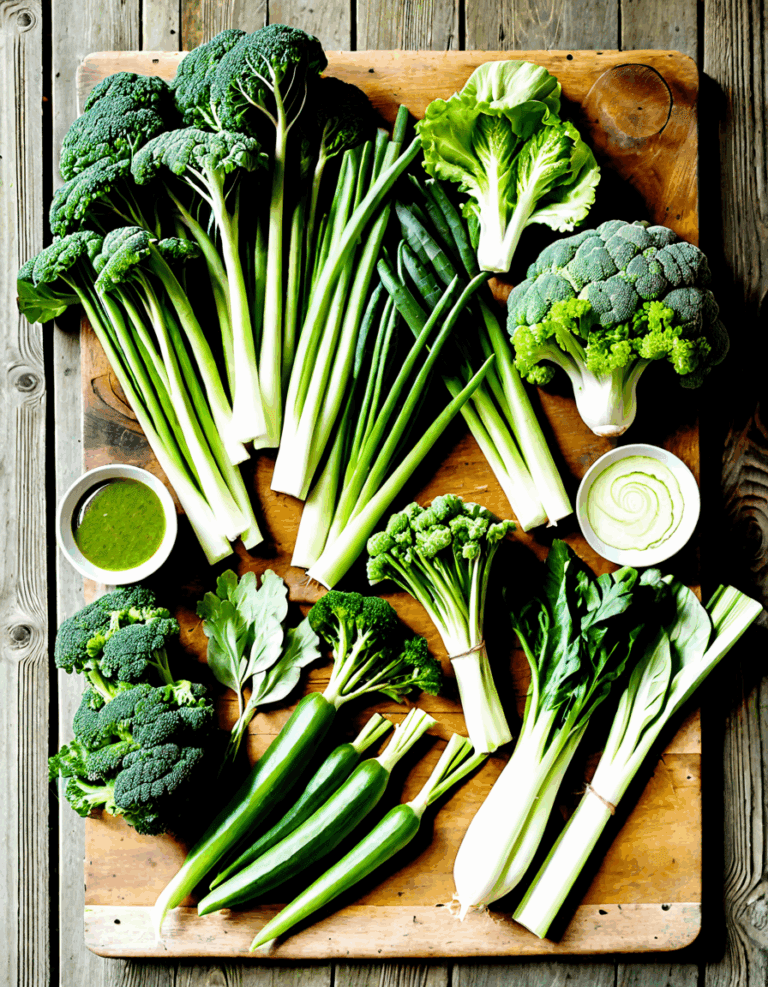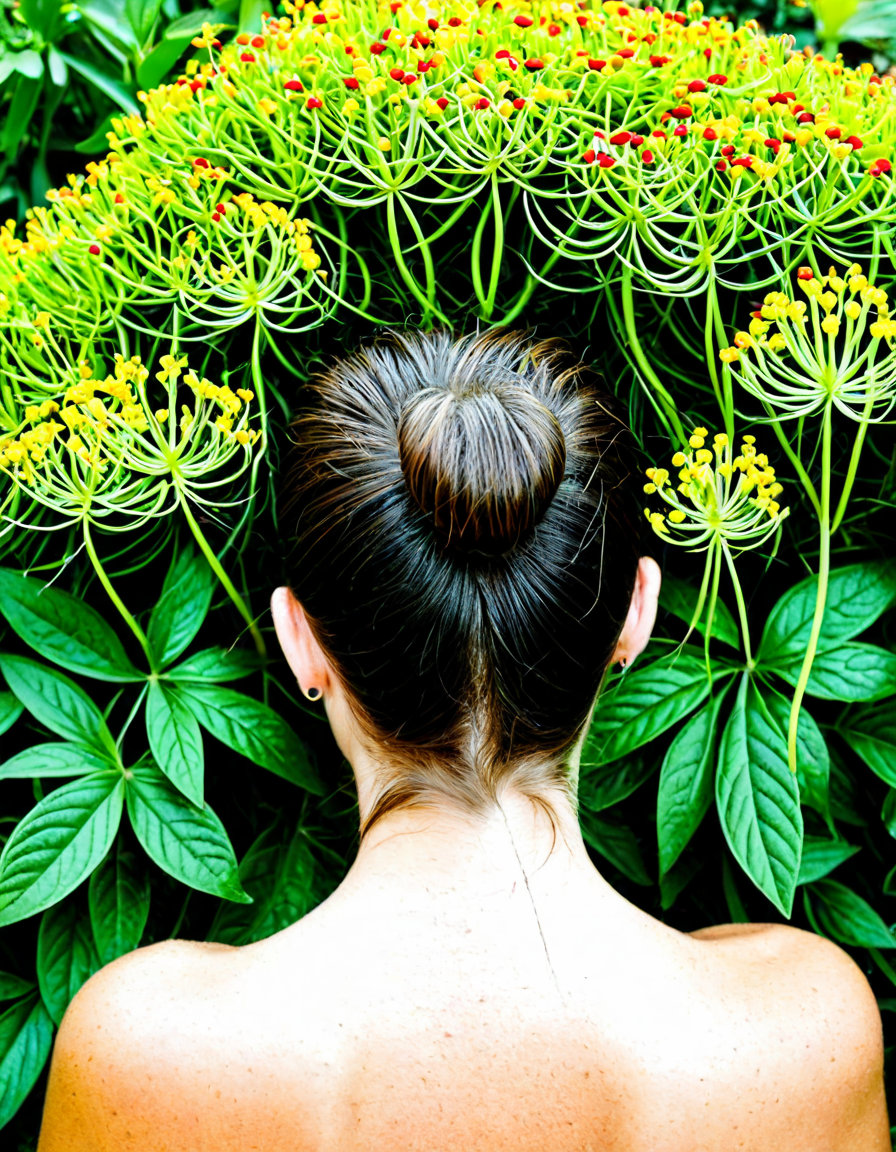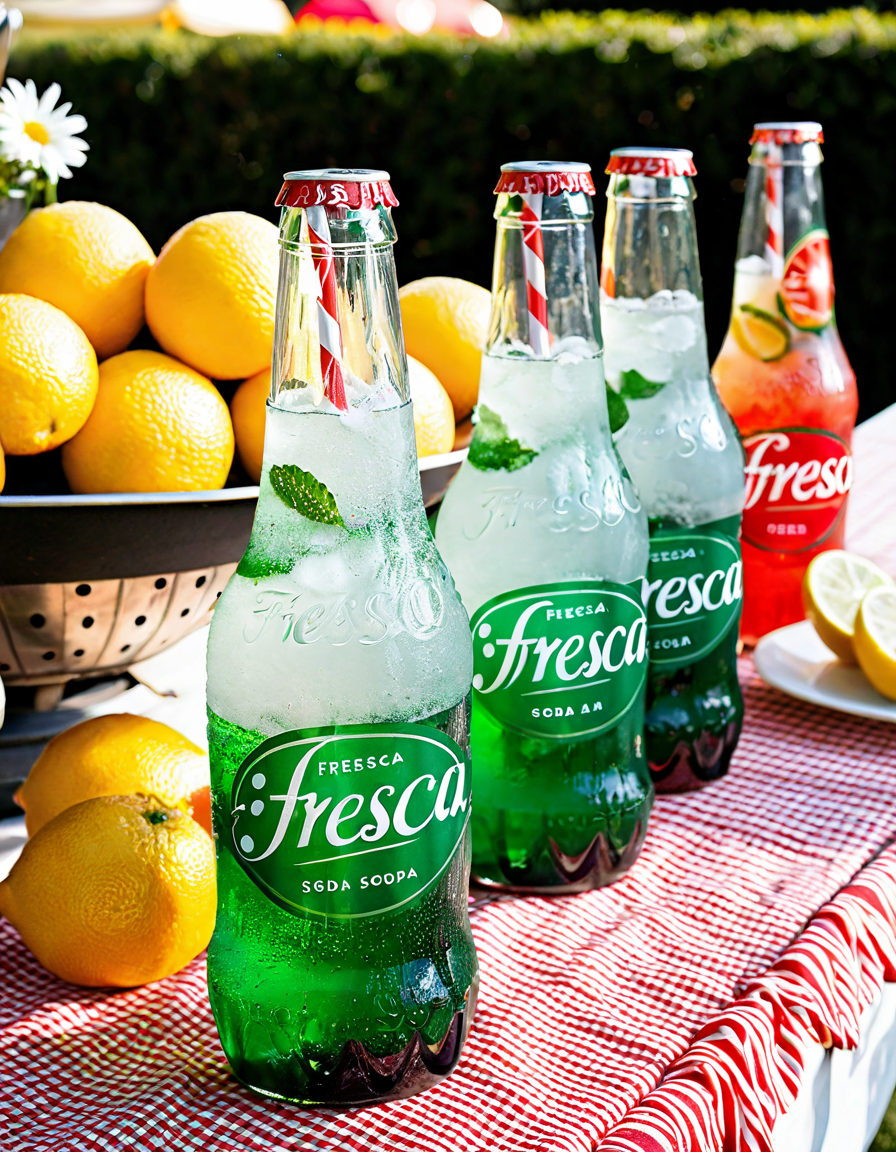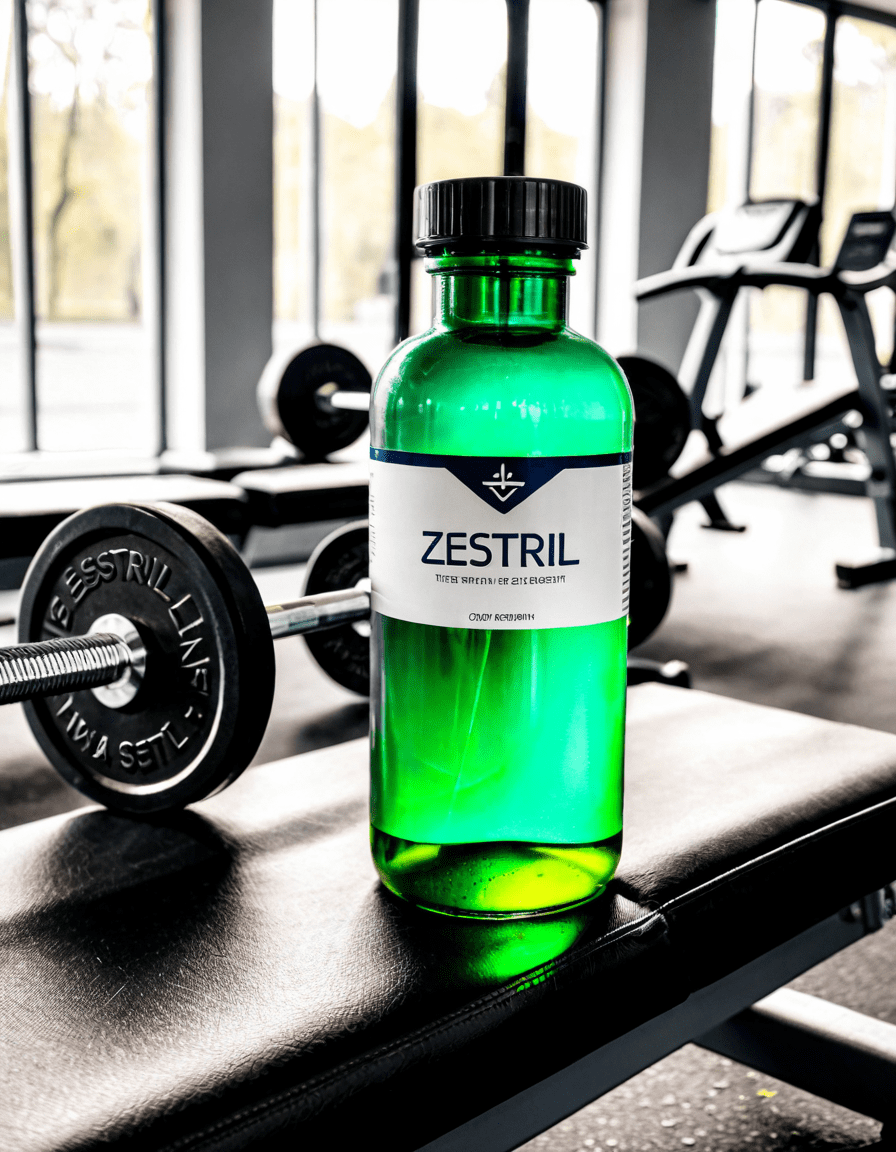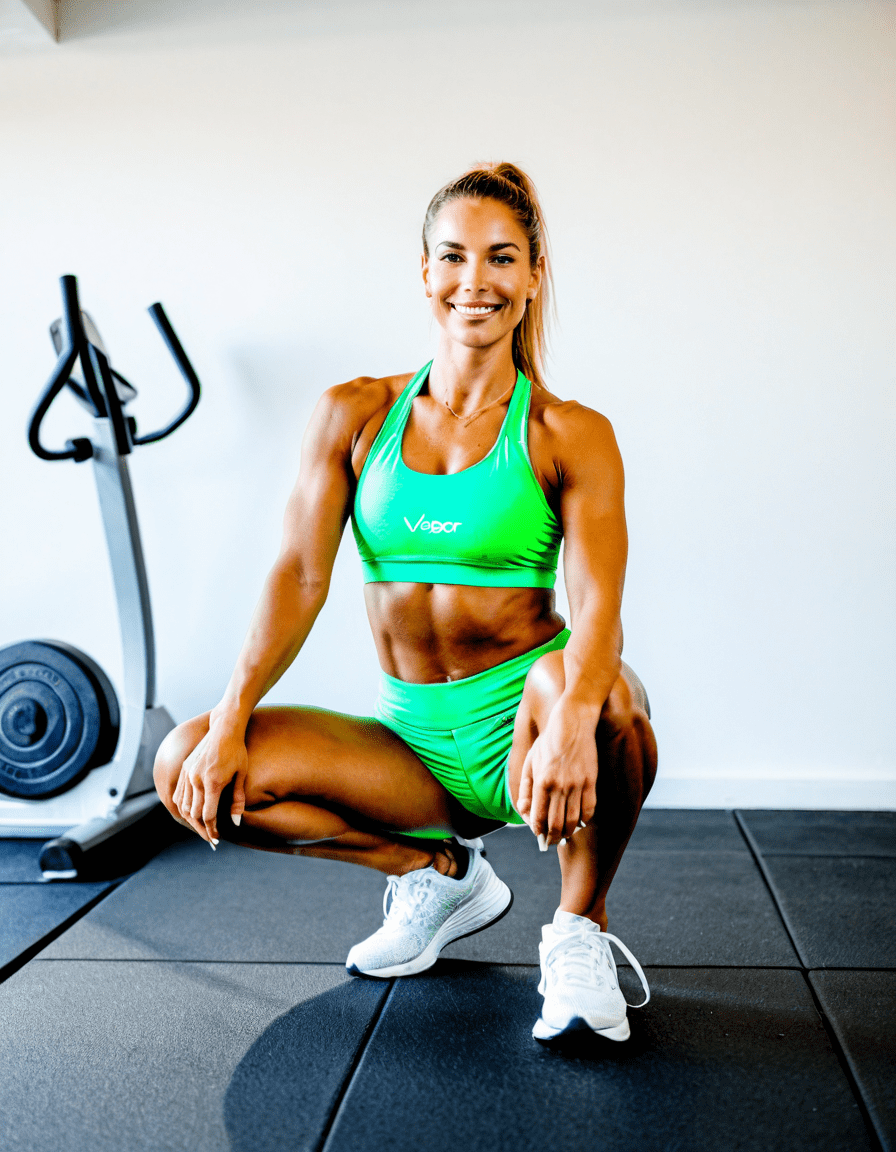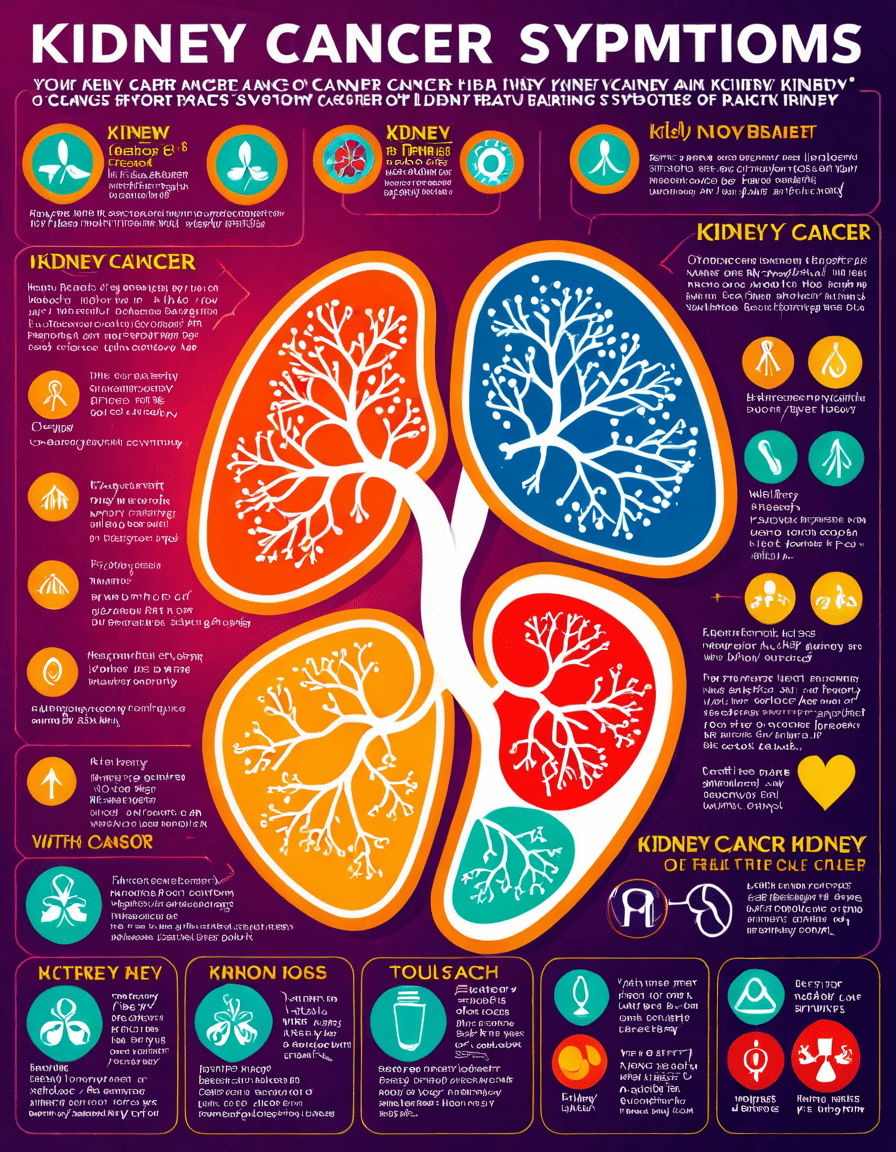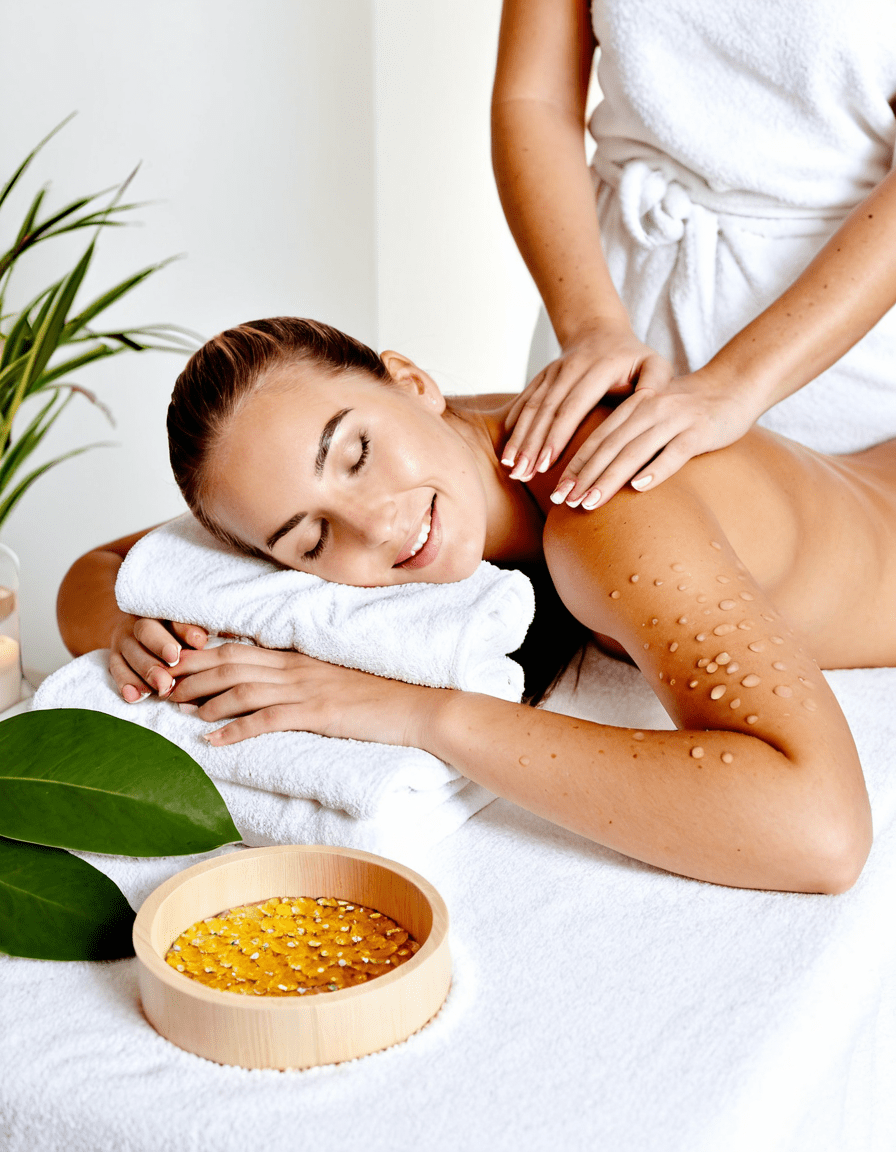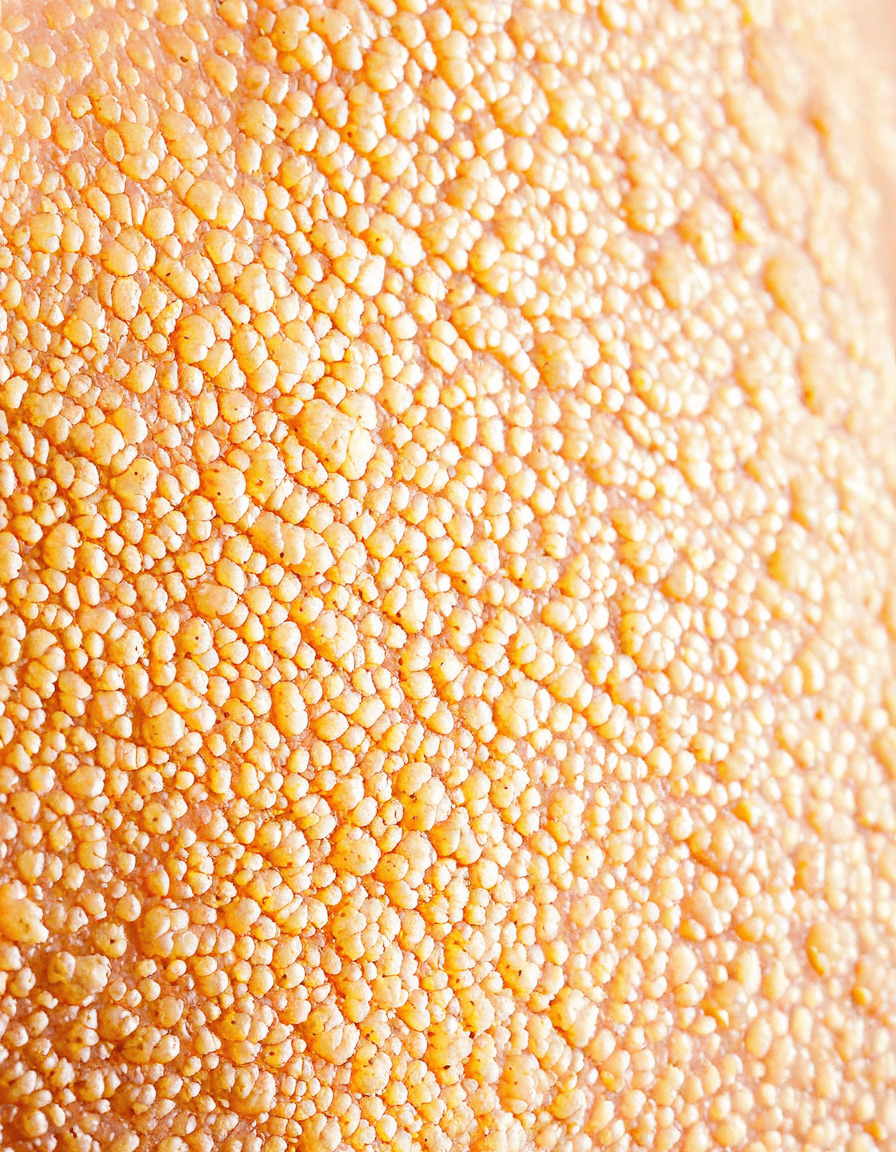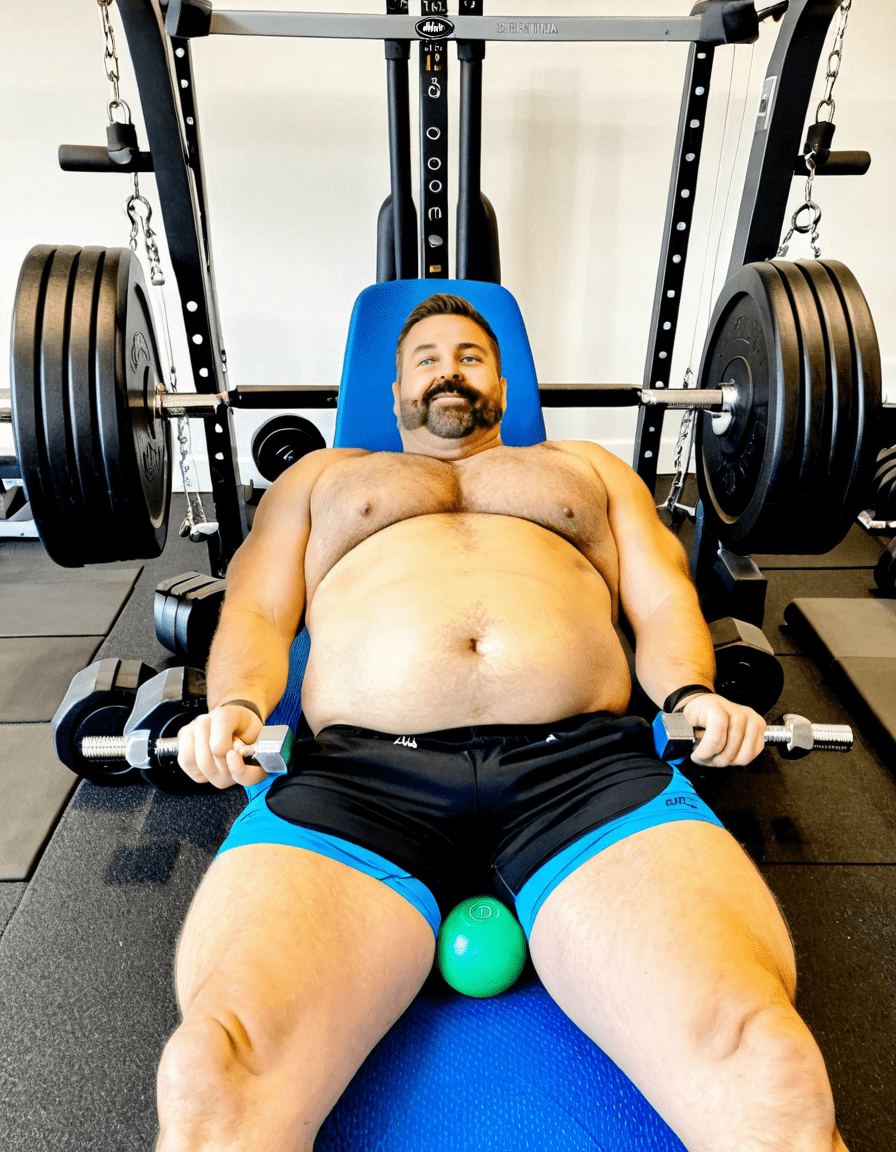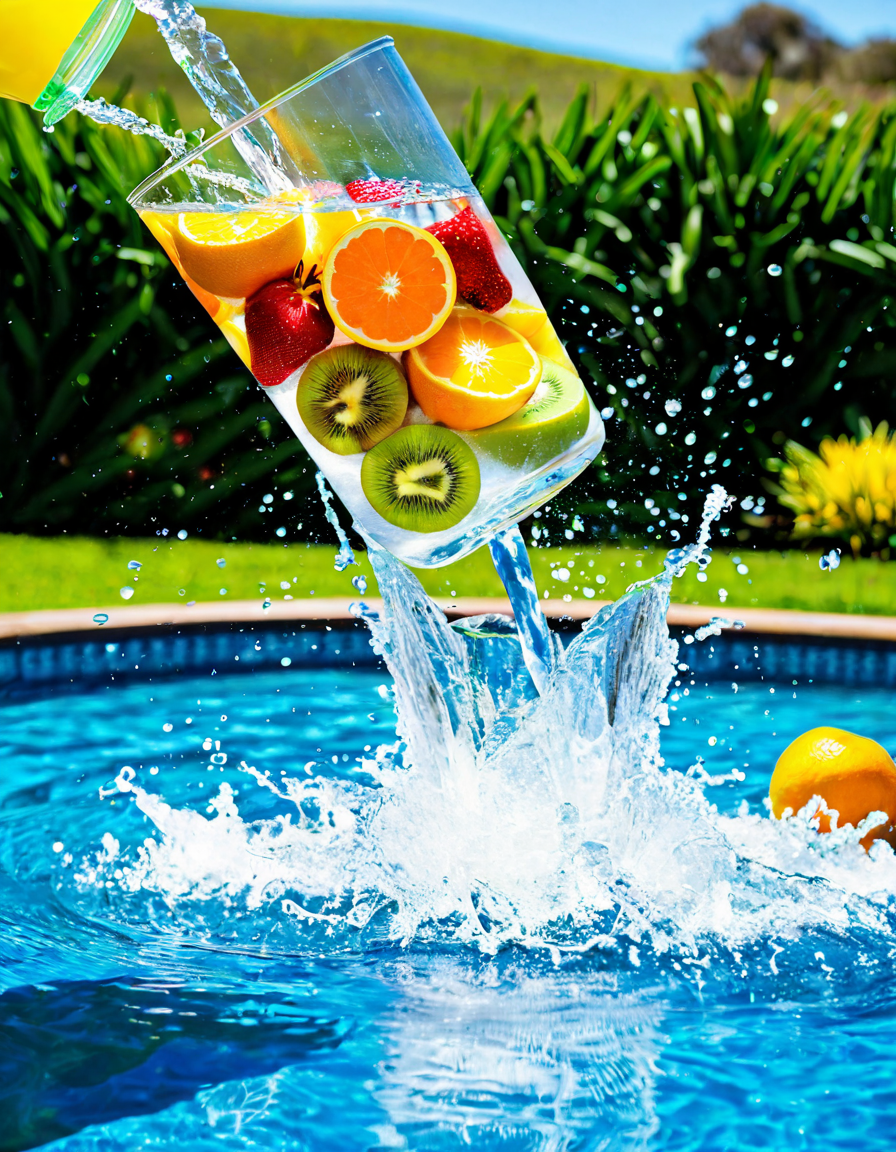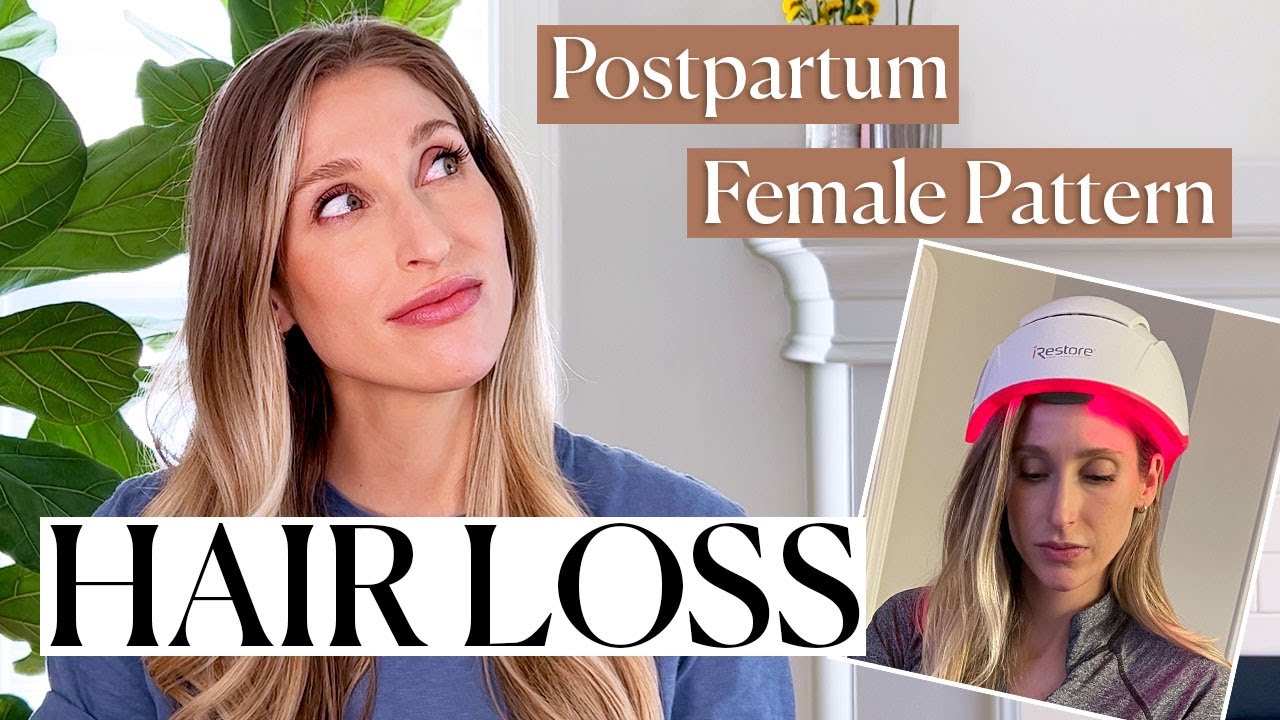
The Reality of Postpartum Hair Loss
Postpartum hair loss is a truth that many new mothers face, striking them like a freight train right after childbirth. The condition, affecting around 50-70% of women, emerges due to hormonal shifts that occur in the body. During pregnancy, rising levels of estrogen make hair grow fuller, thicker, and healthier. However, once that little bundle of joy arrives, hormone levels take a nosedive, leading to increased shedding that can often leave new moms pulling their hair out—figuratively, at least! You may start noticing this frustrating trend about three months post-delivery, and it might linger on for six months or even longer.
It’s easy to feel disheartened when a once-thick mane transitions into a thinning waterfall. But let’s get something straight: this is a natural process guided by biology, and there’s strength in understanding it. So if you’re dealing with postpartum hair loss, take a breath. You’re not alone, and you can tackle this head-on.
Understanding the reality of postpartum hair loss leads us to tackle the “why.” It’s not just hormones wreaking havoc; there are several factors contributing to this experience. You need to arm yourself with knowledge to conquer not just the hair loss, but to uplift your entire postpartum journey.
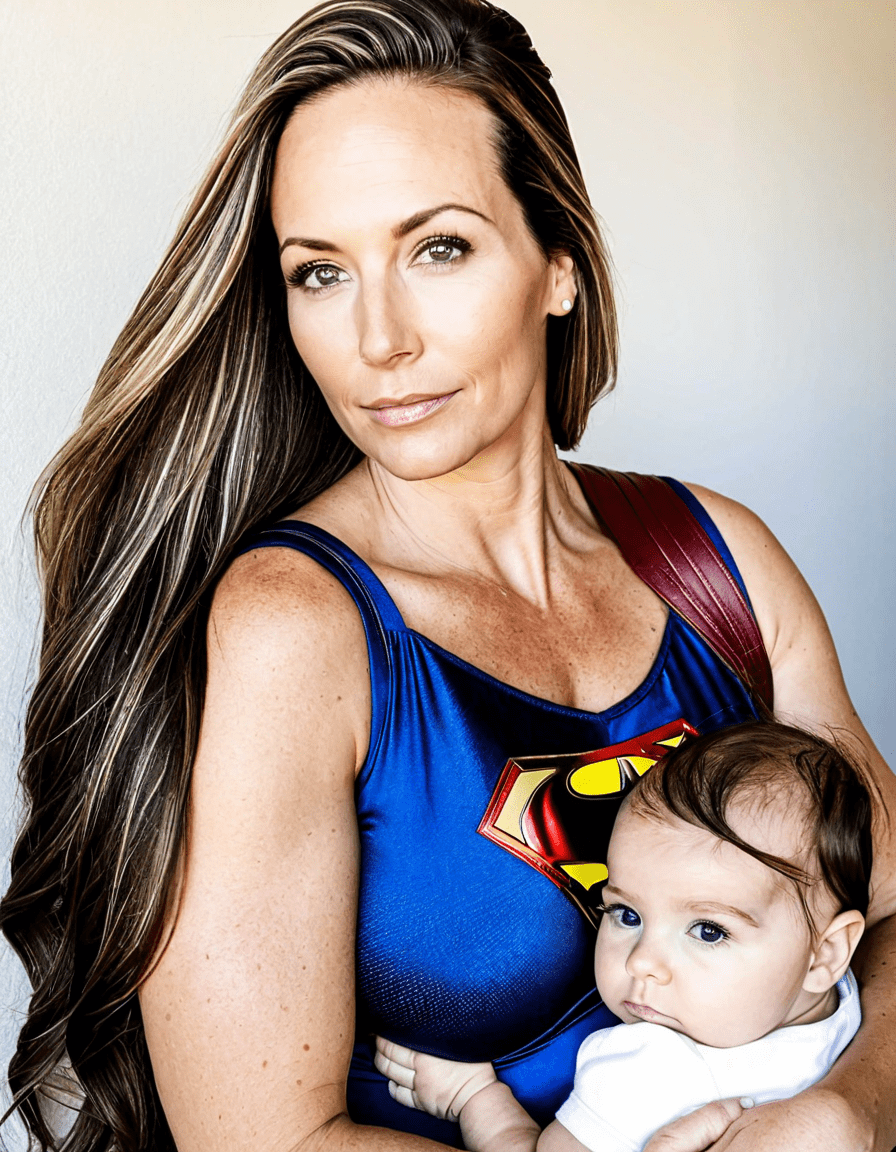
7 Causes of Postpartum Hair Loss: Beyond Hormones
The first, and most apparent cause, is the abrupt drop in estrogen and progesterone levels post-delivery. This hormonal roller coaster disrupts the hair cycle, causing follicles to enter the telogen (resting) phase prematurely. As a result, women experience increased shedding—definitely a bummer when you just want to feel good about yourself.
After childbirth, many new mothers get caught up in the hustle of motherhood and might neglect their nutrition. Nutritional deficiencies, particularly in iron, zinc, and essential vitamins, can significantly impact hair health. To get back on track and fight postpartum hair loss, considering prenatal vitamins, like those offered by Nature Made, can be a solid move—even after giving birth.
New motherhood can bring a hefty dose of stress, and let’s face it—life’s a bit chaotic with a newborn. Cortisol, often dubbed the stress hormone, isn’t just for feeling tense; it can escalate hair loss as well. Find your peace through activities like yoga or meditation. They don’t just calm the mind but can also shield your locks from excess shedding.
If you’re grappling with discomfort due to pubic symphysis dysfunction, it’s more than just physical. The overall toll on your well-being can affect your hair health too. When you’re in pain, self-care might slip down your priority list. This can lead to hair loss down the road, so getting the right postpartum care is essential.
Let’s talk age. Geriatric pregnancies—where mothers are 35 years or older—may face a higher risk of postpartum hair loss. With age comes a decrease in hormonal activity and a slower recovery process. You’ve got to be proactive about your health and seek understanding as the trend towards older motherhood continues.
Sometimes, the gap in postpartum care can be concerning, particularly in the absence of guidance on recovery. Neglecting overall health management can hinder your body’s recovery, leading to insufficient strategies for hair restoration.
Lastly, some underlying medical issues can rear their heads during or after pregnancy. Conditions like thyroid imbalances or autoimmune disorders can worsen and may be contributing to your hair loss. Regular medical check-ups can be your guiding star here, detecting problems before they spiral.
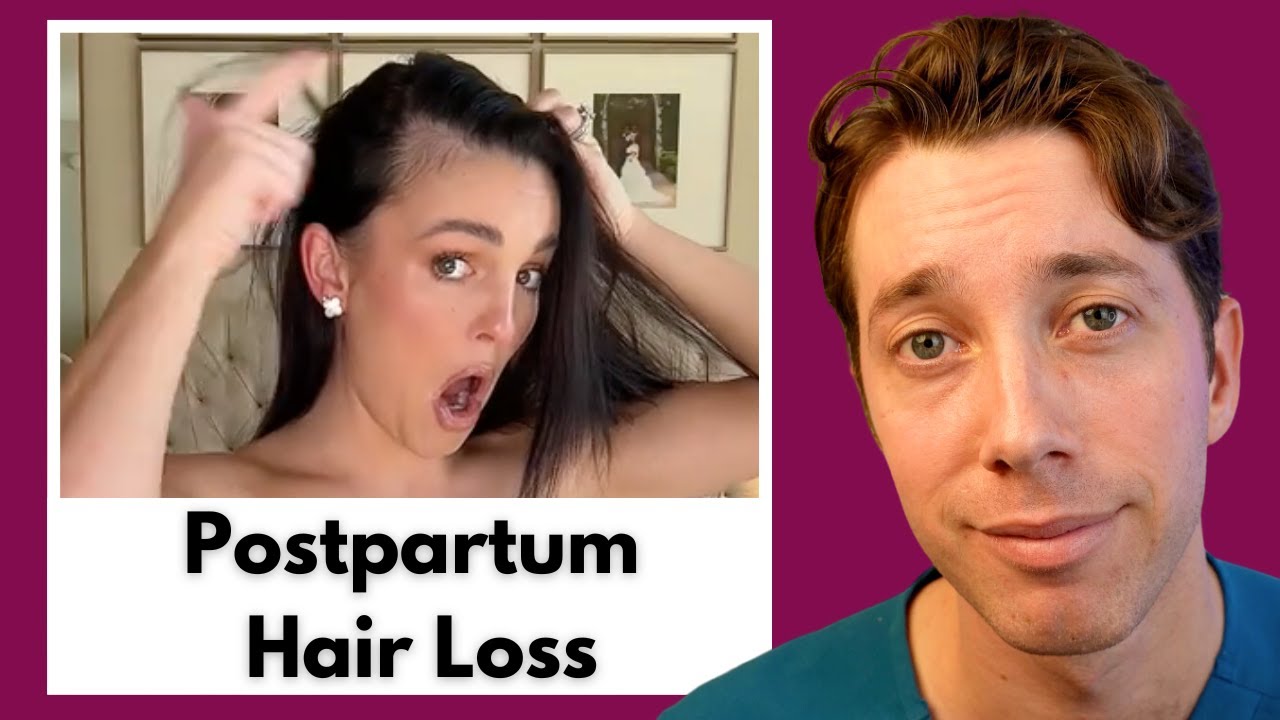
Navigating Solutions: Regeneration and Restoration
When tackling postpartum hair loss, it’s all about embracing strategies that promote hair regeneration. You’ve got options! Here are some solid solutions:
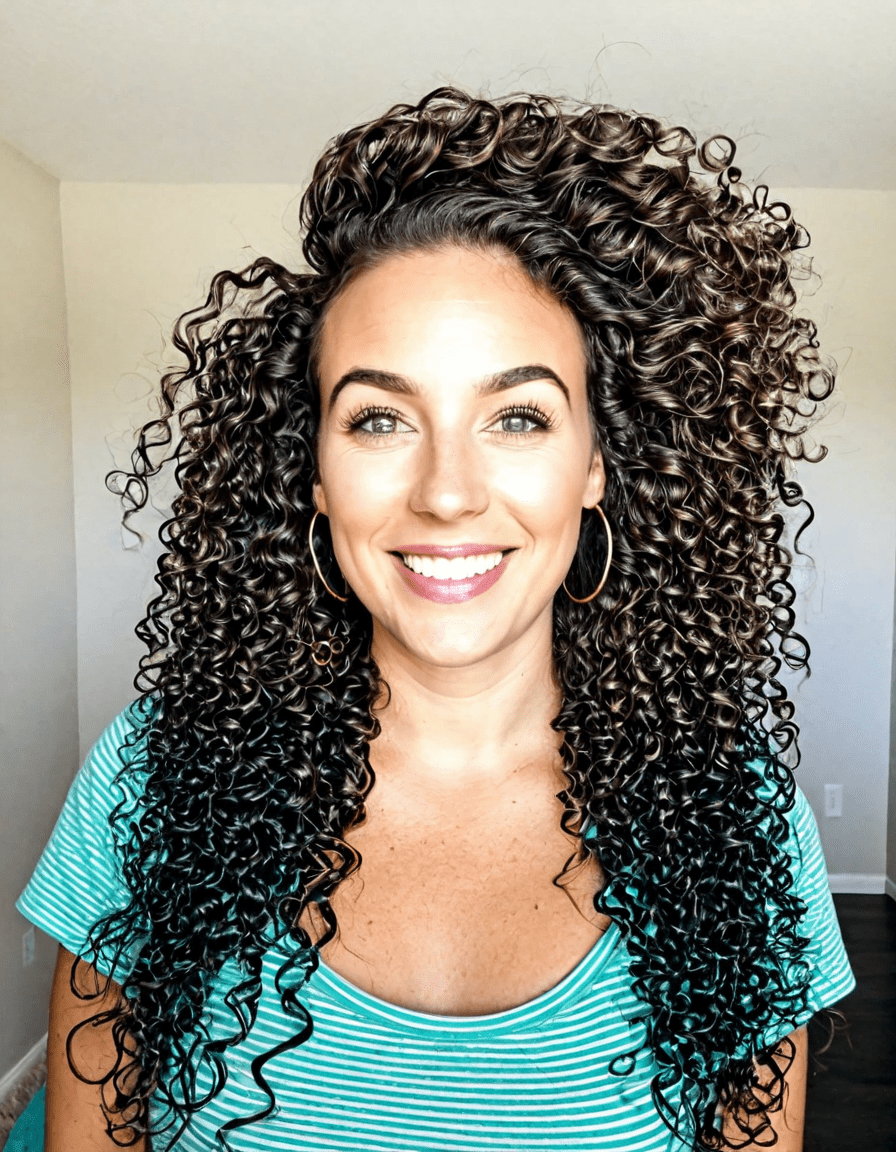
Moving Forward with Compassion and Knowledge
Postpartum hair loss isn’t just about losing hair; it can weigh heavily on a new mother’s emotional well-being. Understanding the myriad of causes equips you to face this challenge with resilience. By adopting proactive solutions, you shift from feeling disheartened to empowered.
As society grows increasingly aware of motherhood’s complexities, discussions surrounding postpartum experiences—including hair loss—are evolving too. By embracing this as a natural phase of recovery, we cultivate a narrative filled with strength, resilience, and genuine self-care. After all, just like getting shredded and crushing that fitness routine, overcoming postpartum hair loss is all about keeping at it, fostering a positive mindset, and rising to the occasion. You’ve got this!
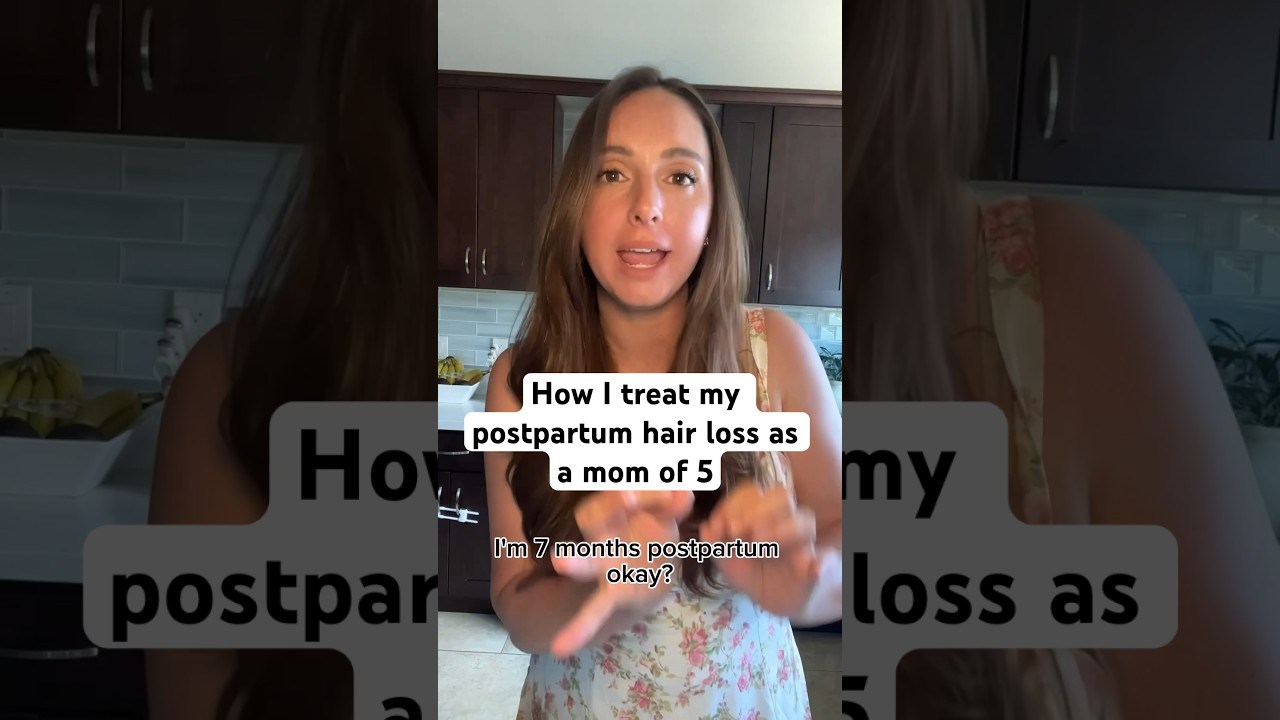
Postpartum Hair Loss: Amazing Impact of a Common Experience
Surprising Facts About Postpartum Hair Loss
Postpartum hair loss is more common than you might think. After giving birth, many new moms experience some shedding—sometimes as much as 50% of their hair! This phenomenon is often triggered by a sudden drop in hormones that occurs once the baby is born. Interestingly, this process can also relate to other health topics, like the effects of adrenal adenoma, which impacts hormonal balance. Who knew hair could be a window into our body’s biology?
Another fun tidbit? While losing hair can feel overwhelming, it’s usually temporary. Most women find their hair returns to its normal fullness within six to eighteen months after delivery. So, if you’re feeling a bit like the live action Lilo and Stitch hairstyle, hang tight! And for those who love a good laugh, just remember that the chaotic beauty of parenthood often parallels the realities of many situations. Just like wondering whether is pneumonia deadly, hair loss can have alarming moments, but it often has predictable outcomes.
Tips and Tricks for Managing Hair Loss
Managing postpartum hair loss doesn’t have to be a hairy situation! One great tip is to experiment with different hairstyles and cuts to make the most of your situation. Maybe channel a fun retro look reminiscent of childhood cartoons or take inspiration from pop culture, like the iconic Sadie McKenna leaked styles that splash creativity everywhere. It’s a joyful way to embrace change while waiting for that luscious mane to return!
Another awesome fact relates to health: certain nutrients can aid in faster recovery. For instance, incorporating foods rich in sulforaphane, a compound found in vegetables like broccoli, can promote healthy hair growth. Plus, understanding your body’s stress response—especially during such a transformative time—could even clarify what pansexual means in the context of strong emotions and ties during parenting. There’s a lot to unpack, yet it all connects back to embracing every part of motherhood, stress, hair loss and all!
